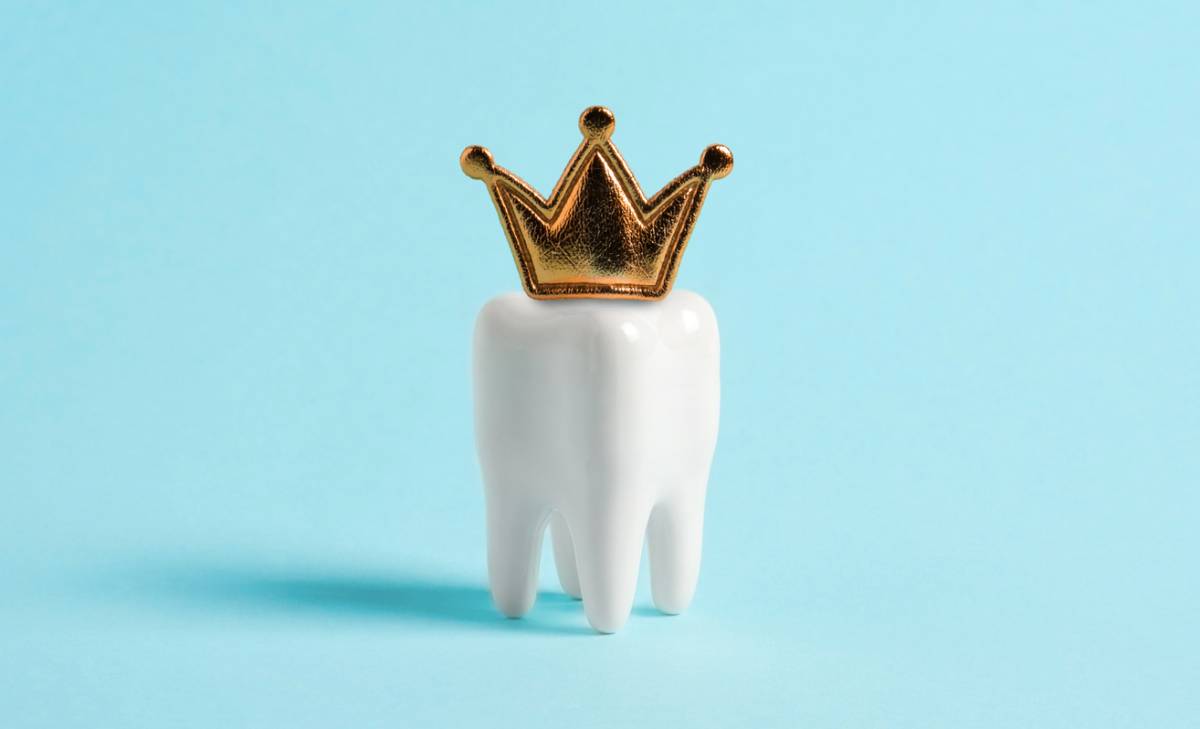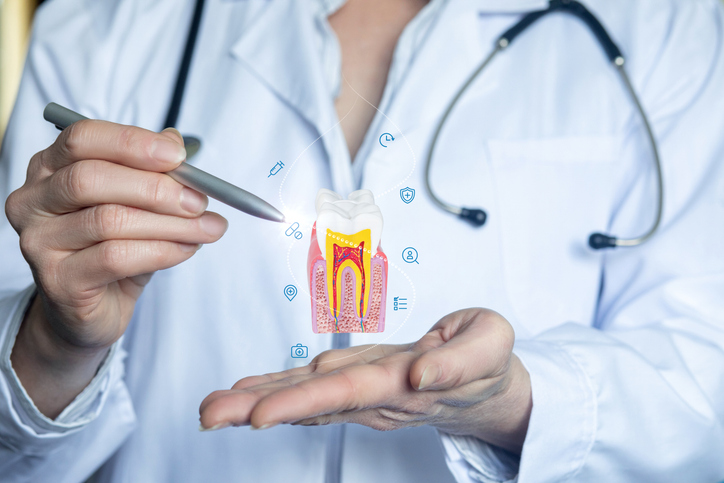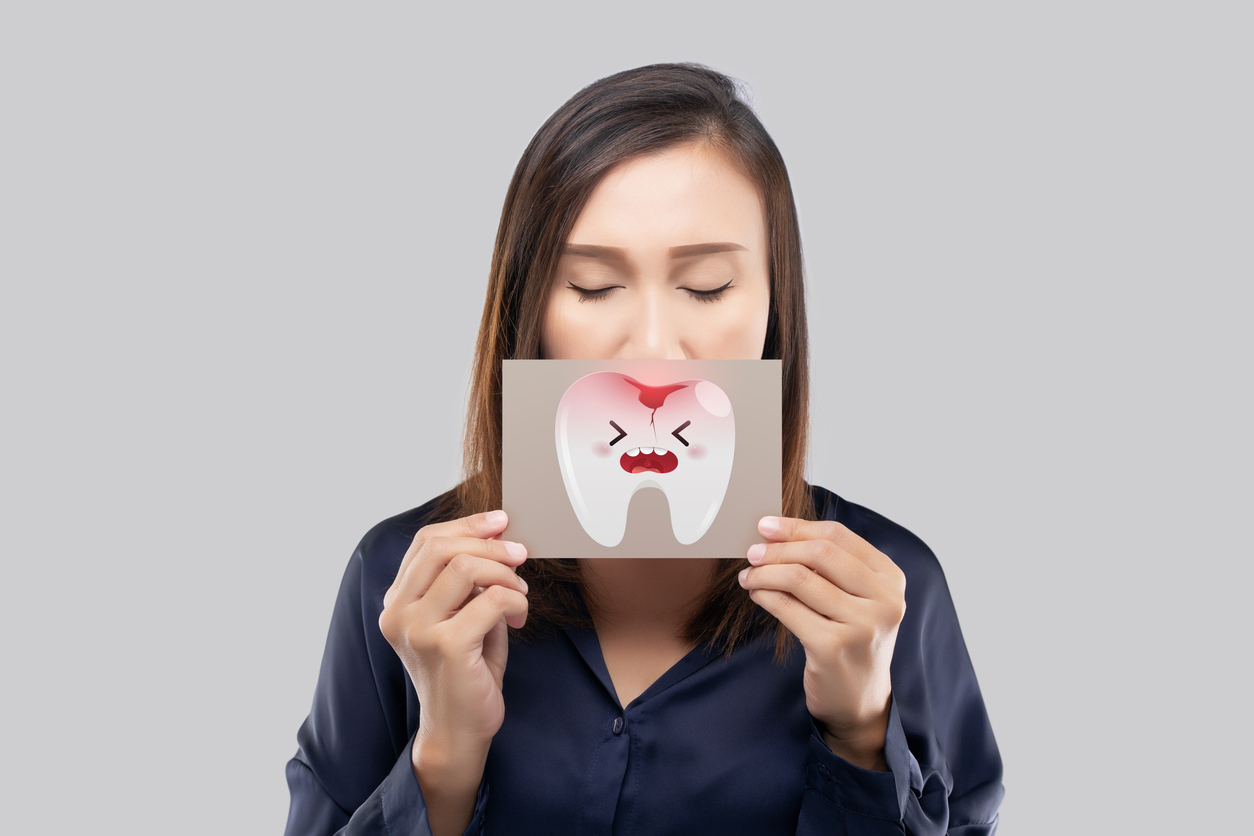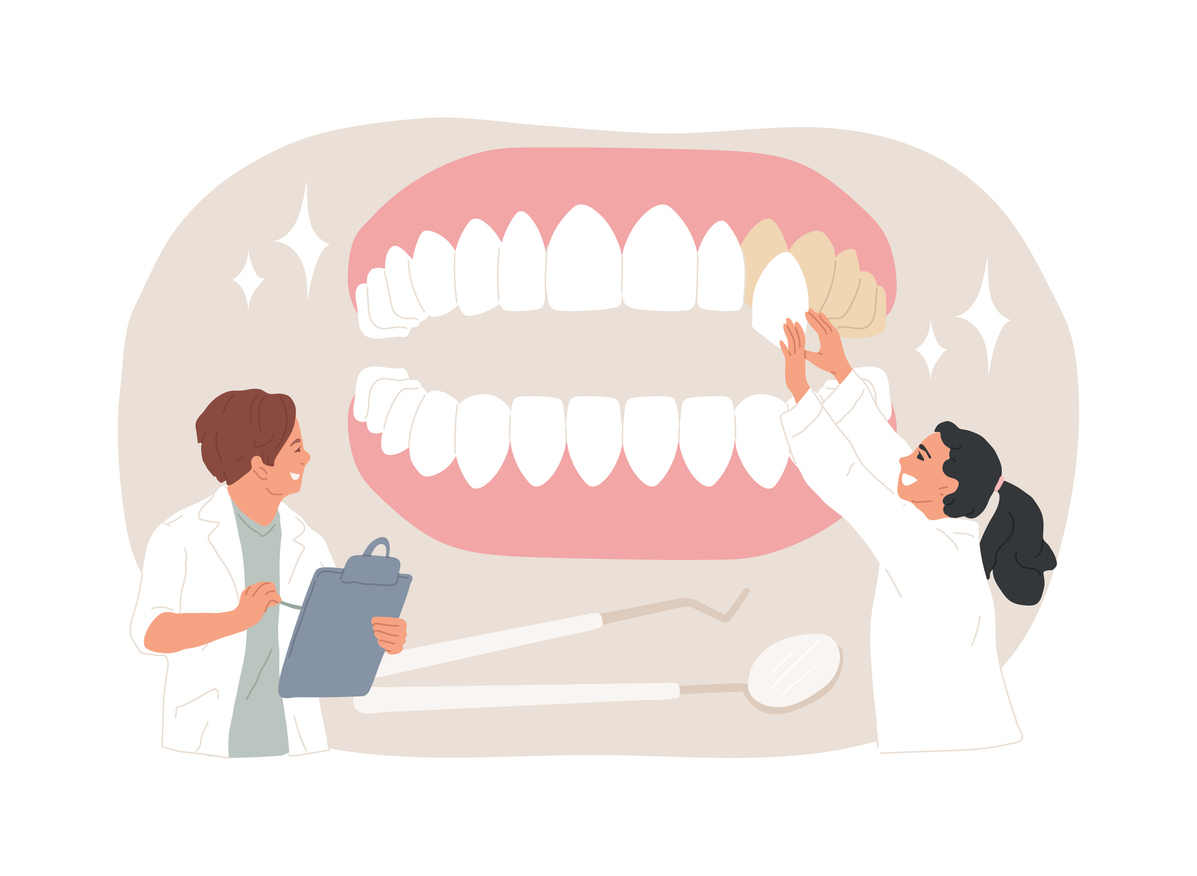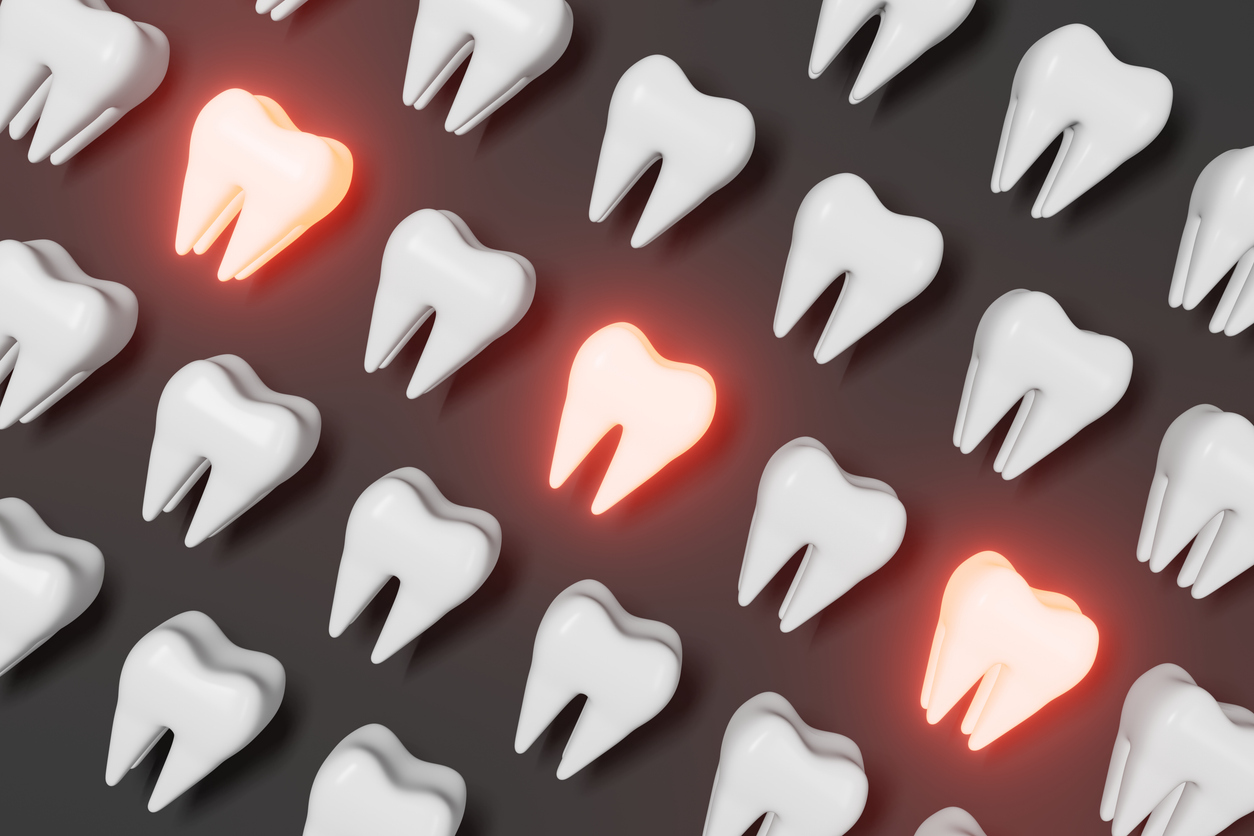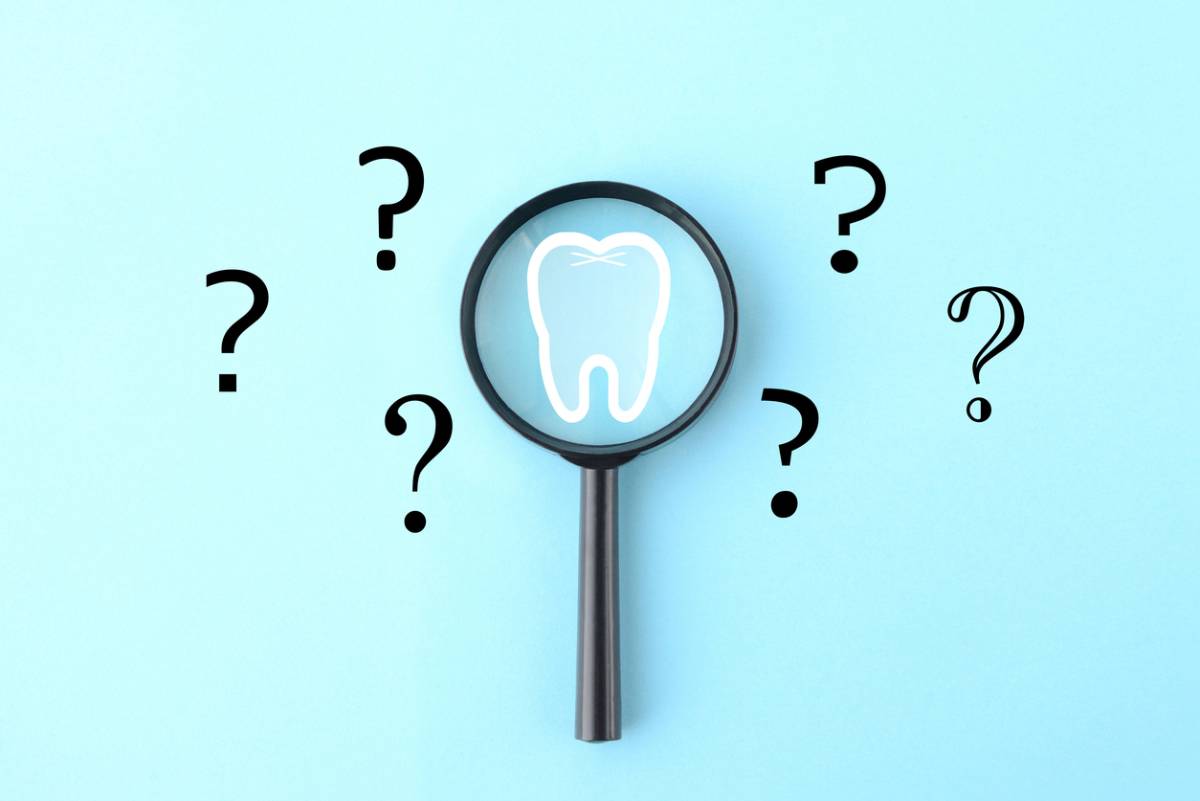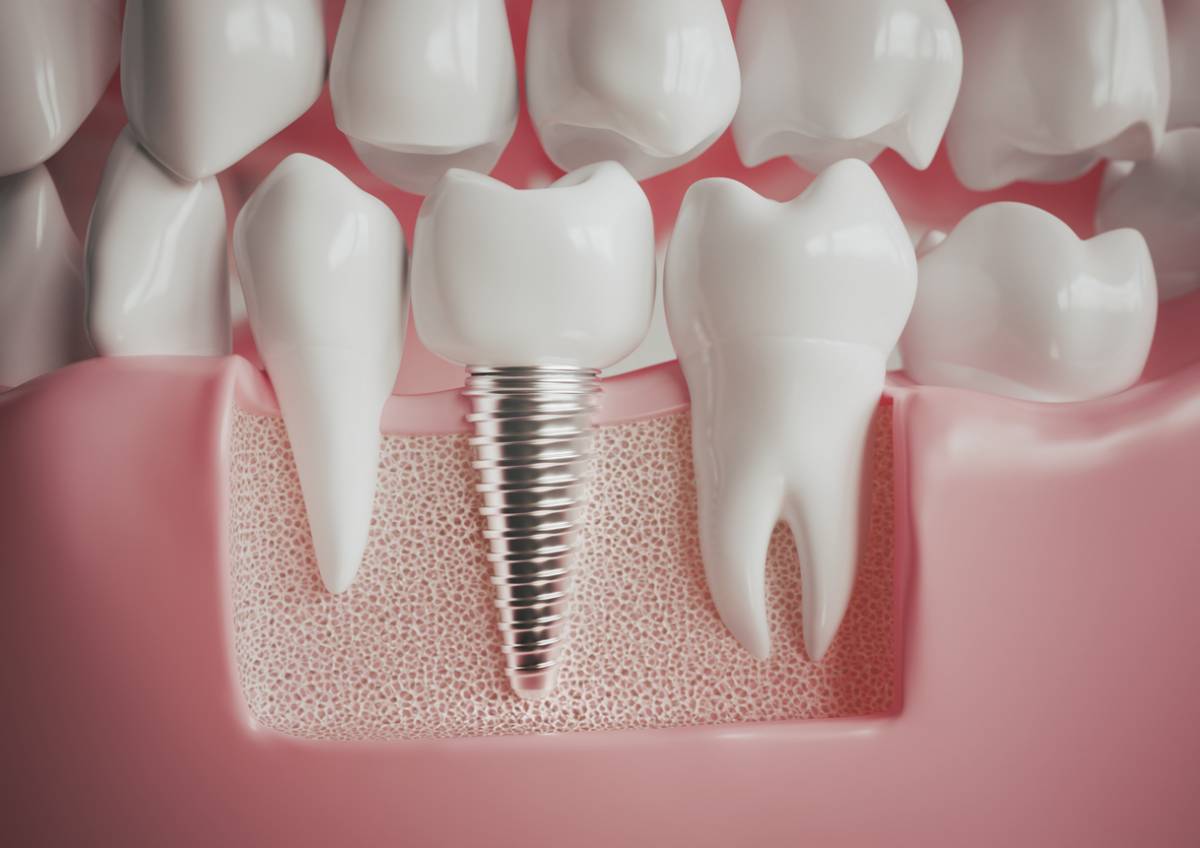The Differences Between Same-Day and Traditional Dental Crowns
Getting a dental crown can be daunting. Same-day porcelain crowns can be a great alternative to traditional crowns for many patients. In this article, we discuss the difference between same-day and traditional dental crowns to help you make an informed decision on what option is best for you. However, remember that only your dental specialist can provide you with definitive information after a thorough examination of your case.
The Differences Between Same-Day and Traditional Dental Crowns
Dental crowns are often placed after a root canal treatment. Both traditional and same-day dental crowns have the same function: they cover a tooth weakened by decay, reinforce its structure, and protect it from further damage for years to come. Also, both types of restoration require mild preparation of the tooth, which typically means that a small portion of the tooth’s enamel is removed to ensure that there is enough room for the crown to fit comfortably.
Nowadays, dental crowns are usually made of porcelain or similar materials that can be matched to the color and shade of your own teeth and look pretty natural in the mouth. In some cases, traditional crowns can be made of gold or silver, but they are less popular now. Both traditional and same-day dental crowns are pretty durable.
Traditional Dental Crowns
Getting traditional dental crowns typically requires several visits to a dental office: at least two appointments in most cases. During the first appointment, a mold of your tooth is taken, and a temporary crown is placed. A temporary dental crown is needed to protect the tooth while the permanent crown is being made. Then, it takes several days to custom-make a permanent crown that is placed and adjusted during the second visit. You might require follow-up visits to ensure that the crown fits comfortably. In some cases, you might need multiple impressions taken to create a crown that fits perfectly.
Same-day Dental Crowns
When you opt for a same-day dental crown, after preparing your tooth for receiving a crown, your doctor will use a computer program to generate a 3D impression of your tooth, which is used to create a comfortable-fitting dental crown that can be placed in the same appointment.
The grinding or milling techniques used in creating a same-day dental crown allow your dentist to have precise control over the procedure. Thus, same-day dental crowns typically fit well and are comfortable in the mouth. Some even consider same-day dental crowns to be more comfortable compared to traditional ones because the creation process is more precise.
The disadvantages of same-day dental crowns include several points:
- Not all dental offices provide same-day crowns because this type of crown requires the office to have special equipment, and the doctors should undergo training.
- In some cases, same-day dental crowns might be more expensive than traditional crowns.
- Typically, same-day dental crowns are made of ceramic material (porcelain), which limits your choice of materials. With traditional dental crowns, you can choose porcelain, gold, silver, or resin composite.
Recovery After Getting a Same-day Dental Crown
Recovery after getting a same-day dental crown typically takes several days. During this time, you might experience tooth sensitivity, gum irritation, or soreness at the procedure site. However, these symptoms can be remedied with over-the-counter pain medication, such as Ibuprofen.
In addition, your dentist will most likely recommend abstaining from hard and crunchy foods for a couple of days and chewing your food carefully on the other side of the mouth. Salt rinses can be helpful in preventing infections, and you can use ice compresses to reduce swelling, if present.
If pain and discomfort do not go away in several days or intensify, contact your dentist and sign up for a follow-up checkup to exclude crown failure and complications.
Who Can Get Same-day Dental Crowns?
In most cases, any patient who is recommended a dental crown can get the same-day crown option. Dental crowns can be effectively used in the following cases:
- To protect the weakened tooth after a root canal treatment
- To restore a broken, cracked, or chipped tooth
- To restore and support a worn-down tooth
- To support a dental bridge
- To cover a dental implant
- To cover a severely stained or discolored tooth
Make an Appointment Today
Do not hesitate to make an appointment with a dentist in Arcadia today to get high-quality, same-day porcelain crowns. The methods and equipment used in our office allow us to provide our patients with comfortable and long-lasting solutions. We are looking forward to welcoming you to Smiles of Arcadia and helping you restore and preserve your oral health.
